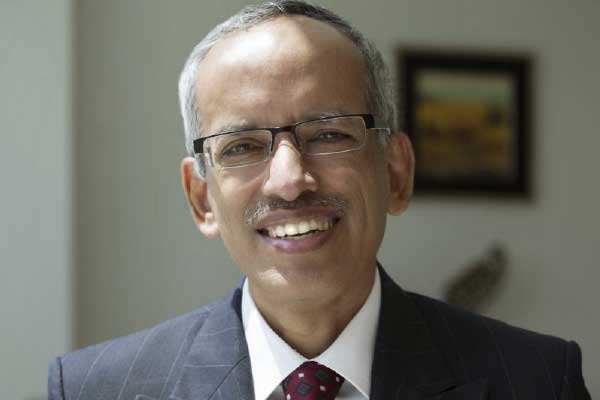
Dr Aloke Chandra Mullick, Group CEO at Omni Hospitals, speaks about India’s evolving digital health ecosystem in the light of the Covid-19 pandemic, digitalisation, data protection, and more, in an interview with Mrinmoy Bhattacharjee, Assistant Editor, Elets Technomedia Pvt Ltd.
Q How has the Covid-19 pandemic affected digital health in India?

The Covid-19 has certainly hastened the adoption of telemedicine and emerging mobile-based healthcare delivery platforms. It is now up to the Healthtech industry to create great mobile platforms for creating the first Amazon of mobile-based healthcare services consumption.
Q In your observation, how can the National Digital Health Mission (NDHM) harness the power of digital technologies to build the country’s healthcare system?
We have no details about budgetary allocations for this programme. One thing is certain: in the absence of adequate budgetary allocation, it will not succeed in delivering what has been promised. However, it can be a good database for diseases and healthcare monitoring. It can revolutionise healthcare provision and public health research, including understanding disease, treatment history, disease hotspots, and social and demographic correlates. But, there remains a possibility of misuse by the private healthcare sector, diagnostic labs, pharmaceutical and insurance sectors who can exploit such data for personal gain. Ethical issues, breach of privacy, and data breach-driven social stigma are also possible. Therefore, ensuring the quality of registration and maintenance of records is crucial, as these mistakes can cause more harm than good.

Q How healthcare providers are adopting digital technologies such a Artificial Intelligence (AI), Machine Learning (ML) Analytics, and Robotics to gain insights, predict outcomes, recommend next steps and automate tasks for users?
We are still taking baby steps towards AI and ML in healthcare in this country. The problem is much deep-rooted: despite all the public posturing on the topic, the fact remains that India is missing the bus on AI due to a severe lack of training programmes. There is not a single Masters programme in AI and ML in this country! China, America and Europe are far ahead in their ability to train the next generation of AI practitioners. In the absence of a large pool of well trained AI manpower, we will have to be content with low-level AI, like template driven websites and WhatsApp bots, at silly price points. It pains me to see the really advanced clinical outcomes-driven AI work happening at say Kaiser Permanente in the US, and our own baby steps. Unless the government steps in to accelerate AI and ML advanced training in this country’s top Institutes, there will be nothing left to talk about.
Q How crucial do you think is the role of digital payment systems in evolving a digital health ecosystem in India?
As digital mobile-based healthcare consumption starts, digital payment will follow suit. It is already present in other consumer industry verticals, and its implementation in healthcare should not be a problem at all. Obviously, it will be a very important part of digital healthcare systems.
Q What are the specific issues of data protection with regard to the rights of the people?
Data breaches and their consequences are extremely important determinants of the success or failure of digital transformation of any industry in the West. It will be so for some population segments in India also. But if digital transformation is to revolutionise healthcare access for the billion-odd underprivileged Indians we need to drop these high sounding notions of privacy breaches, etc. Every villager keeps handing out his Aadhaar copy to so many agencies. However, for critical enrollments, his bio metrics is still needed and does protect him. Technology-driven safeguards for payment protection and sensitive data protection, say a patient’s HIV positive status, and similar other stigma inducing diagnoses, can be easily implemented. After that, it should not matter if someone knows that I have high blood pressure or not. I will probably just get advertisements for BP medicines!
Q In your view, what are the key trends in digital health?
Many hospitals are trying to create a digital mobile-based footprint for giving patient information access, so far denied. Ultimately patients are looking for an Amazon like experience to go through treatment options, shop around and purchase from the best hospital. Some healthcare organisations will ultimately get there – and reap the benefits! Till then, patients will continue to wait in queues, and pay exorbitant prices based on manipulative tariffs.
Be a part of Elets Collaborative Initiatives. Join Us for Upcoming Events and explore business opportunities. Like us on Facebook , connect with us on LinkedIn and follow us on Twitter , Instagram.












